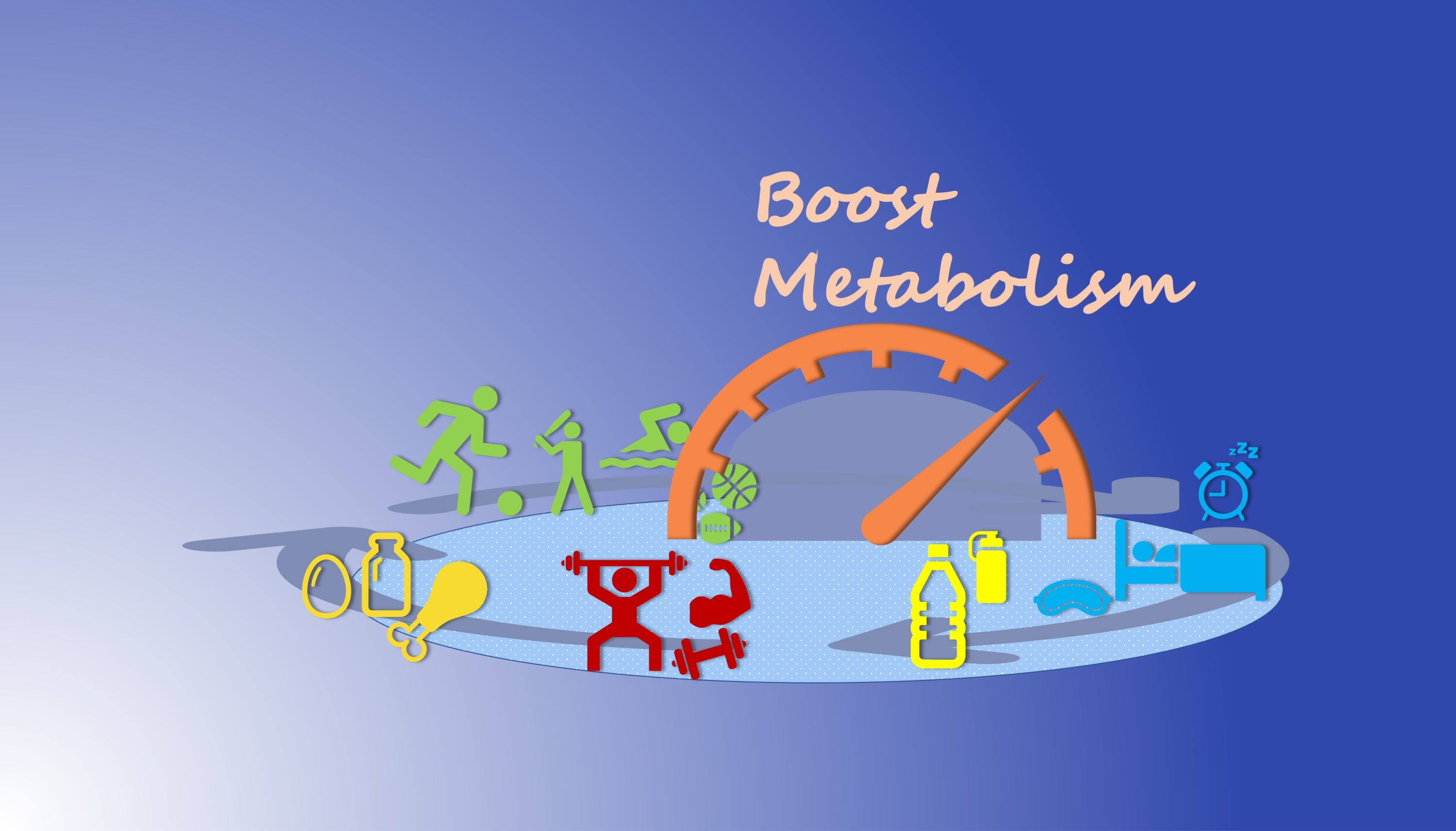Basal Metabolic Rate (BMR) is a critical concept in understanding how our bodies use energy. It plays a significant role in weight management and obesity. This article aims to explain BMR in an easy-to-understand manner, delve into its relationship with obesity, discuss factors that affect BMR, explore ways to increase BMR, and offer strategies to manage changes in BMR during weight loss.
What is Basal Metabolic Rate (BMR)?
Basal Metabolic Rate (BMR) is the amount of energy your body needs to maintain basic physiological functions at rest. These functions include breathing, circulation, cell production, nutrient processing, and temperature regulation. Essentially, BMR represents the minimum number of calories required for your body to function while at rest.
BMR and Obesity: The Connection
The relationship between BMR and obesity is complex. Obesity is characterized by an excess accumulation of body fat, which results from a chronic imbalance between energy intake and energy expenditure. BMR plays a crucial role in this balance, as it constitutes a significant portion of the total energy expenditure (TEE), along with physical activity and the thermic effect of food (TEF).
When BMR is low, fewer calories are burned at rest, which can contribute to weight gain if caloric intake remains unchanged. Conversely, a higher BMR means more calories are burned, even when the body is at rest, making it easier to maintain or lose weight.
Factors Affecting Basal Metabolic Rate
Several factors influence BMR, including:
- Age: BMR decreases with age due to a loss of muscle mass and hormonal changes.
- Gender: Men generally have a higher BMR than women because they tend to have more muscle mass.
- Body Composition: Muscle tissue burns more calories at rest than fat tissue, so individuals with more muscle mass have a higher BMR.
- Genetics: Genetic factors can influence BMR, affecting how efficiently the body uses energy.
- Hormonal Levels: Thyroid hormones, in particular, play a significant role in regulating metabolism.
- Diet: Severe calorie restriction can lower BMR as the body adapts to conserve energy.
How to Increase Basal Metabolic Rate?
Increasing your BMR can help you burn more calories and manage your weight more effectively. Here are some strategies:
- Build Muscles: Engaging in strength training exercises increases muscle mass, which boosts BMR.
- Stay Active: Incorporating more physical activity into your daily routine can increase your overall energy expenditure.
- Eat Protein-Rich Foods: Protein has a higher thermic effect compared to fats and carbohydrates, meaning more calories are burned during digestion.
- Stay Hydrated: Drinking water can temporarily boost metabolism by aiding in cellular processes.
- Get Adequate Sleep: Poor sleep can disrupt metabolic processes and lead to weight gain.
Managing Changes in BMR During Weight Loss
Weight loss often leads to a decrease in BMR, making it harder to continue losing weight. Here are some tips to manage this change:
- Avoid Severe Calorie Restriction: Extreme dieting can lower BMR, making it harder to lose weight and maintain muscle mass.
- Incorporate Strength Training: Building and maintaining muscle mass can help offset the decline in BMR.
- Eat Enough Protein: Adequate protein intake helps preserve muscle mass during weight loss.
- Monitor Progress: Regularly track your weight and body composition to adjust your diet and exercise plan as needed.
- Stay Consistent: Consistency in diet and exercise is key to long-term weight management.
Summary
Understanding and managing your Basal Metabolic Rate is essential for effective weight management and combating obesity. By making informed lifestyle choices, you can influence your BMR and achieve your health and fitness goals. Remember, small changes can lead to significant improvements in your overall metabolism and well-being.


